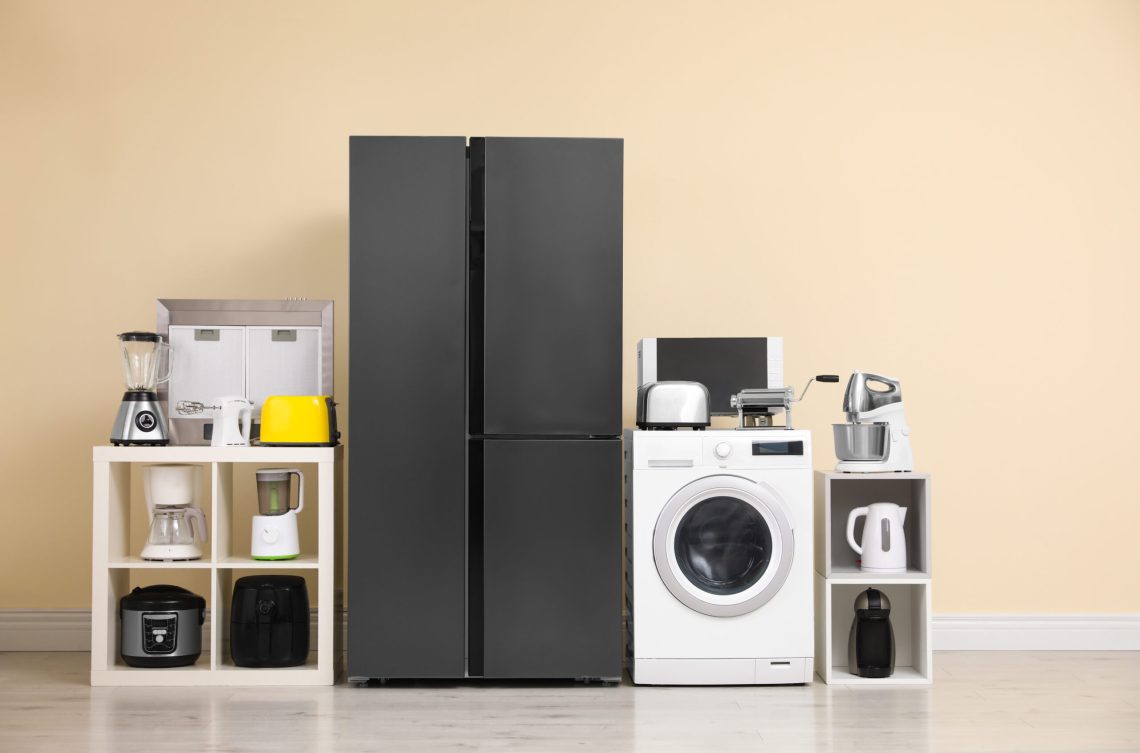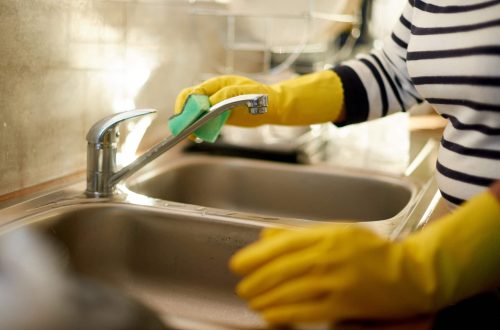Buying a home is a huge step, and navigating the world of mortgages can feel like deciphering a secret code. One question that often pops up for potential homebuyers is: “Does Fannie Mae require kitchen appliances?” It’s a valid concern! After all, you want to know exactly what’s expected of you when securing a loan. Let’s dive into the specifics and clear up any confusion surrounding kitchen appliances and Fannie Mae guidelines. We’ll break down the requirements in a way that’s easy to understand, so you can feel confident as you embark on your home-buying journey.
Understanding Fannie Mae’s Property Requirements and Kitchen Appliances
Fannie Mae, a major player in the mortgage industry, sets guidelines for the loans they purchase. These guidelines ensure the properties meet certain standards. But what exactly do they say about kitchen appliances? The answer might surprise you. It’s not as strict as you might think!
Fannie Mae’s General Property Standards
Fannie Mae’s primary concern is that the property is “safe, sound, and sanitary.” This means the home should be structurally sound, free from hazards, and in good working order. But how does this translate to the kitchen?
The Kitchen Appliance Checklist: What Fannie Mae Really Looks For
While Fannie Mae doesn’t explicitly demand a full suite of brand-new, stainless steel appliances, they do expect a functional kitchen. Here’s what that generally entails:
- A working stove or range: This is usually a must-have.
- Essential utilities: The kitchen needs to have working plumbing and electrical systems to support the appliances.
- Safety: Appliances should be safely installed and in good working condition to prevent hazards.
So, while a refrigerator, dishwasher, and microwave aren’t explicitly required, their absence might raise eyebrows, especially if it impacts the property’s marketability. Think about it: would you buy a house without a way to cook or store food?
Impact of Appraisal on Fannie Mae and Kitchen Appliance Requirements
The appraisal plays a crucial role in the mortgage process. The appraiser assesses the property’s value and condition. They’ll note the presence (or absence) of kitchen appliances and how it affects the overall market value.
How Appraisers Evaluate Kitchens
Appraisers compare the subject property to similar homes in the area (comps). If the comps typically include a full set of appliances, the appraiser might adjust the value downward if the subject property is missing key items. This doesn’t automatically disqualify the loan, but it could impact the loan amount.
- Marketability: Appraisers consider how easily the property can be sold. A kitchen without essential appliances might be less appealing to buyers.
- Comparable Sales: They look at recent sales of similar properties to determine the fair market value.
Navigating the Kitchen Appliance Question: Tips for Buyers and Sellers Dealing with Fannie Mae
So, what can you do to ensure a smooth transaction when it comes to kitchen appliances and Fannie Mae guidelines? Here are a few tips for both buyers and sellers:
For Buyers:
- Communicate with your lender: Discuss any concerns about the appliances upfront.
- Factor in appliance costs: If the home is missing appliances, budget for purchasing them.
- Negotiate with the seller: See if they’re willing to include appliances as part of the deal.
For Sellers:
- Consider including essential appliances: It can make your property more attractive;
- Be transparent: Disclose any missing or non-functional appliances.
- Price accordingly: If appliances are missing, adjust the price to reflect the cost of replacement.






